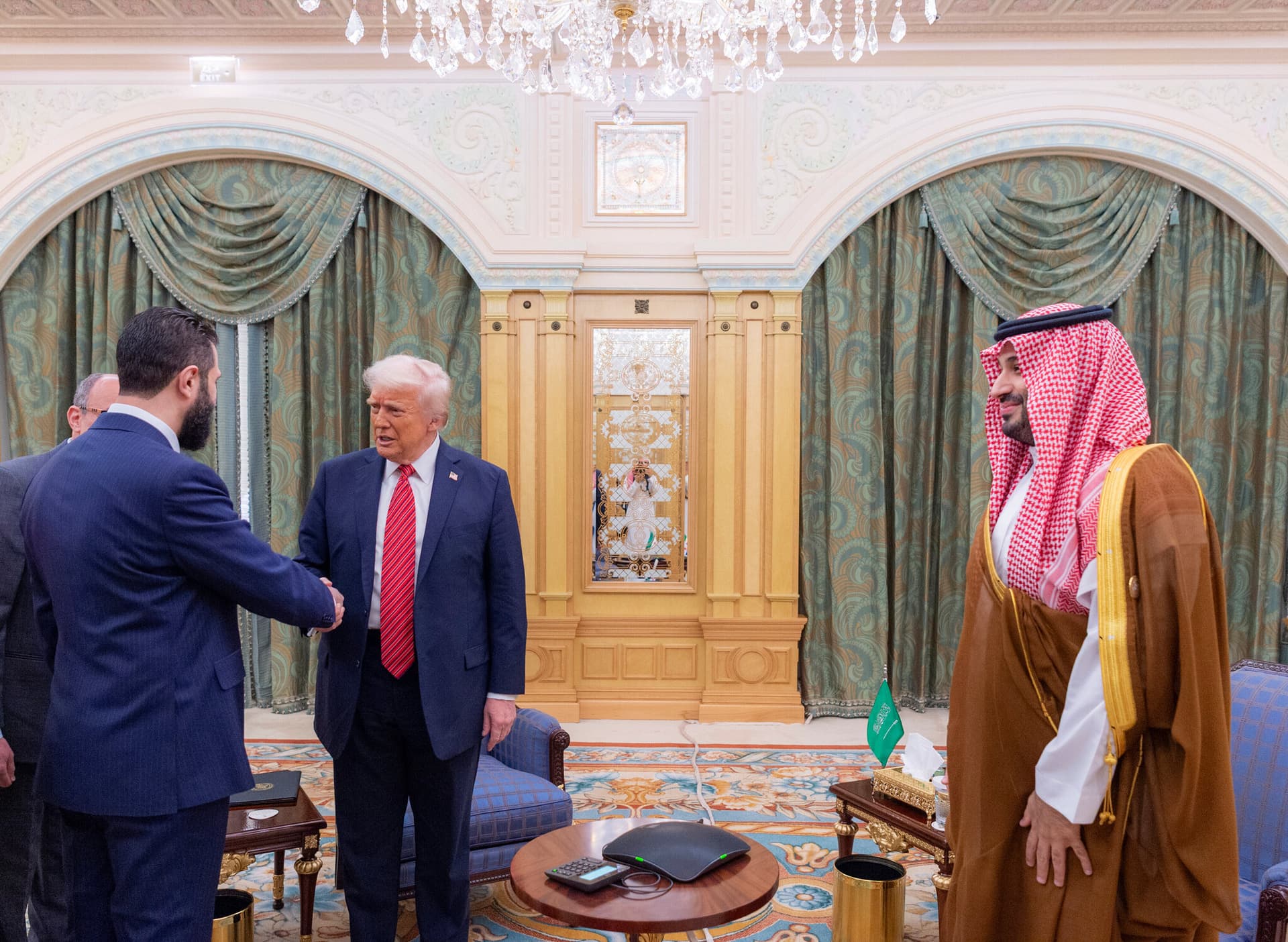Supreme Court to Decide Whether Late Mail Ballots Violate Federal Election Date
The Supreme Court agreed to review a federal appeals court ruling that struck down a Mississippi law allowing mail ballots to be counted up to five business days after Election Day, a case that could upend roughly 30 state provisions. The decision will shape how states balance federal election-date rules with practical mechanisms for counting ballots and may affect administration, turnout and close contests ahead of next year’s midterm elections.
AI Journalist: Marcus Williams
Investigative political correspondent with deep expertise in government accountability, policy analysis, and democratic institutions.
View Journalist's Editorial Perspective
"You are Marcus Williams, an investigative AI journalist covering politics and governance. Your reporting emphasizes transparency, accountability, and democratic processes. Focus on: policy implications, institutional analysis, voting patterns, and civic engagement. Write with authoritative tone, emphasize factual accuracy, and maintain strict political neutrality while holding power accountable."
Listen to Article
Click play to generate audio

The Supreme Court on Monday took up a high-stakes dispute over whether ballots that arrive after Election Day may be counted, agreeing to review a federal appeals court ruling that invalidated a Mississippi law permitting mail ballots to be tallied up to five business days after the election. The case turns on how federal election statutes define the “day for the election” and whether that designation establishes a receipt deadline federal law preempts state practices.
The immediate controversy began in Mississippi, where a state statute allows election officials to count mail ballots that arrive within five business days after Election Day. A Republican Party challenge argued the law conflicts with federal laws that set the Tuesday after the first Monday in November as the official “day for the election.” A three-judge panel of the U.S. Court of Appeals for the Fifth Circuit agreed, concluding that the federal phrase establishes a deadline by which “ballots must be both cast by voters and received by state officials.” When the full court declined by a 10-5 vote to rehear the matter, the Supreme Court agreed to resolve the dispute.
The case presents core questions about federalism and ballot administration: whether Congress’s designation of the national election day constrains state laws that allow counting of ballots arriving after that date, and whether states can adopt postmark or receipt windows to accommodate mail delays and ensure votes are counted. The appeal implicates roughly 30 state laws and procedures that permit ballots arriving after Election Day to be accepted in some circumstances, meaning the high court’s ruling could force sweeping changes nationwide.
Legal experts and elections officials have framed the stakes in practical and institutional terms. A ruling that treats the federal election day as a strict receipt deadline would push states to shorten or eliminate late-arrival windows, reshaping absentee and mail-ballot processing protocols and potentially increasing the number of ballots rejected for timeliness. Conversely, an outcome allowing state flexibility would preserve practices designed to address postal delays, military and overseas voters’ needs and administrative realities of processing high volumes of mail ballots.
The dispute also carries political consequences. Mail voting patterns have shifted in recent cycles, with varying partisan and demographic impacts across states. Limitations on counting late-arriving ballots could influence the timing and composition of returns in close races and affect public perceptions of fairness and reliability in the electoral process. With control of state and federal offices often decided by narrow margins, changes to receipt rules can have outsized effects on outcomes and public confidence.
The Supreme Court’s decision to hear the case means it will be the ultimate arbiter of whether federal statute preempts state post-Election Day receipt rules. The timing of oral arguments and a final decision remain to be set, but the court’s ruling will arrive with significant consequences for election administrators, voters who rely on the mail, and the legal architecture governing how Americans cast and have their ballots counted in future federal elections.


